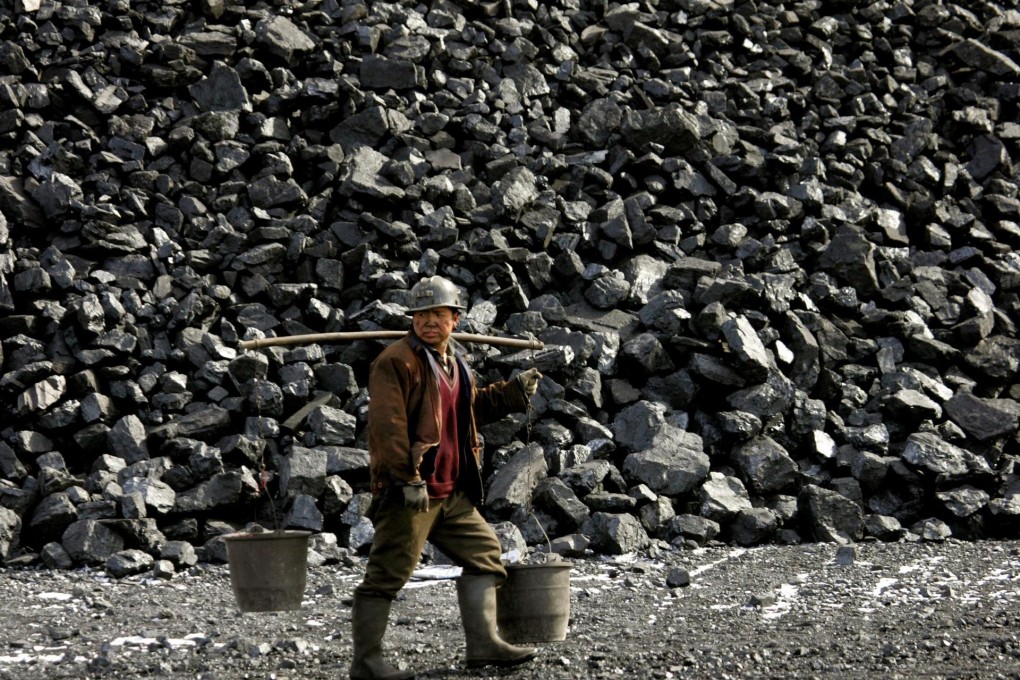China coal-based fuel and chemicals plants retain appeal despite low oil prices
While margins at coal-to-liquid fuel and chemicals projects have been hit by crude's sharp slide, they remain viable if oil is above US$60 a barrel

Lower oil prices have squeezed the profits of mainland firms that turn the nation's abundant coal into liquid fuel and chemicals that compete with crude oil-based products, but analysts say the long-term potential of the nascent industry remains on track.
The prospects of these firms have been helped by the fact that a drop in coal prices over recent years is of a similar magnitude to that seen for oil over the past seven months. Beijing's long-term strategy to enhance the mainland's energy security by tapping into its domestic reserves along with those of neighbouring nations - in an effort replace crude oil-derived products - also counts in their favour.
"In the next three to five years, it is unlikely China can grow domestic oil output by much, so it will rely on imports to meet growing oil demand," CLSA's Asia oil and gas analyst Simon Powell told the South China Morning Post. "Anything economically viable it can do to cut oil and gas import is seen as desirable."
The mainland's oil import reliance is projected by state-owned China National Petroleum Corp, parent of listed PetroChina, to exceed 60 per cent for the first time this year, up from 37 per cent just over a decade ago.
Powell said that while profit margins at coal-to-liquid fuel and chemicals projects have been eroded substantially by crude's sharp slide, they are still "reasonably attractive" in the long term, particularly given the recent pick-up in oil prices.
Prices at the nation's largest coal port Qinhuangdao have fallen some 44 per cent since mid-2011, while the Brent crude oil benchmark in recent days is lower than last June's high by 46 per cent, after rebounding by a third from the low seen a month ago.